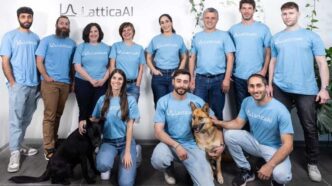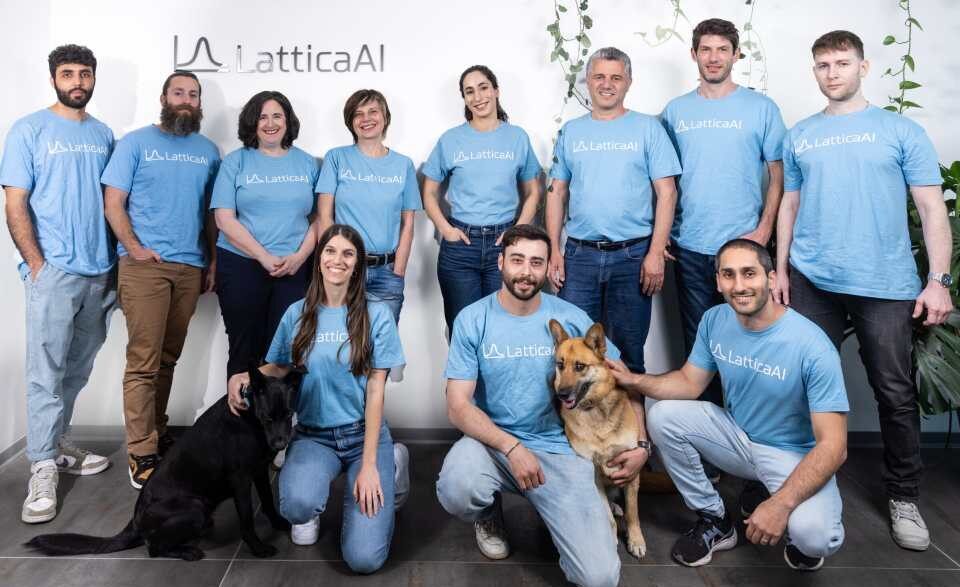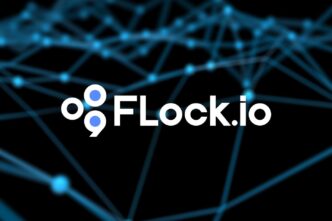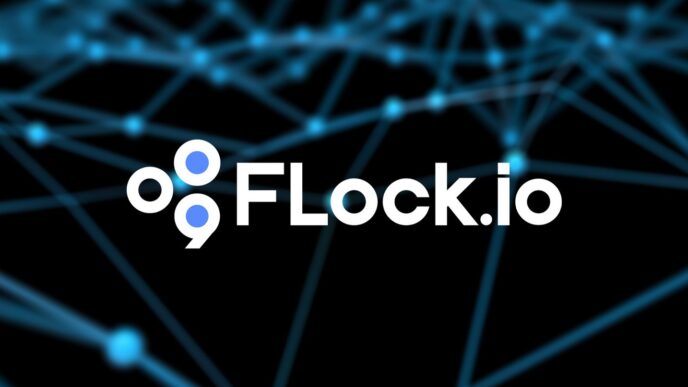AI adoption has exploded in recent years, but trust hasn’t kept up. Many companies still hesitate to deploy AI, especially when sensitive data is involved. A recent Cisco report showed that 70% of CEOs are still worried about network security. For 34% of them, it’s the biggest roadblock to using AI.
Lattica, a startup from Tel Aviv, wants to change that. The company just came out of stealth with a mission to make encrypted AI practical. It raised $3.25 million in pre-seed funding to bring Fully Homomorphic Encryption (FHE) into real-world AI systems.
FHE allows AI to compute on encrypted data without ever revealing it. This means data can stay private—even during training and inference. While FHE has been around for years, it’s been too slow and too complex to use in most AI applications. Lattica says it has solved that problem.
The round was led by Cyber Fund, with support from Polygon co-founder Sandeep Nailwal and the open-source AGI group Sentient. Their backing shows growing interest in tools that can secure AI from the ground up.
Lattica’s approach pairs FHE with modern AI acceleration. At the heart of its platform is something called HEAL—short for Homomorphic Encryption Abstraction Layer. HEAL acts as a bridge between FHE systems and AI models. It works across all types of hardware, including GPUs, CPUs, TPUs, and even custom chips.
CEO and founder Dr. Rotem Tsabary holds a PhD in lattice-based cryptography. She noticed that AI and FHE often use similar math. That insight helped her team optimize FHE for AI performance. Instead of struggling with encryption speed, Lattica’s software taps into both hardware and software tricks to make encrypted AI fast enough to use.
The company is starting with two key sectors: healthcare and finance. In both areas, privacy laws often block AI adoption. Lattica’s system keeps data secure throughout the AI process—helping organizations run models on sensitive data without ever decrypting it.
Use cases range from analyzing clinical trial data to training financial models. By keeping the data locked down at all times, companies avoid many of the risks that come with AI.
As part of its launch, Lattica also released demos and a community survey. Most respondents—71%—said combining hardware and software is the key to making FHE viable. That aligns closely with what Lattica is building.
Investors see this as a major step forward. Cyber Fund’s Konstantin Lomashuk said Lattica is solving one of the biggest challenges in AI. Sandeep Nailwal added that the startup’s product-first approach could reshape how we process sensitive data.
Lattica believes that encrypted AI can help build trust. With its secure cloud platform, it wants to make querying an AI model as safe as sending an encrypted message—no trust required.












